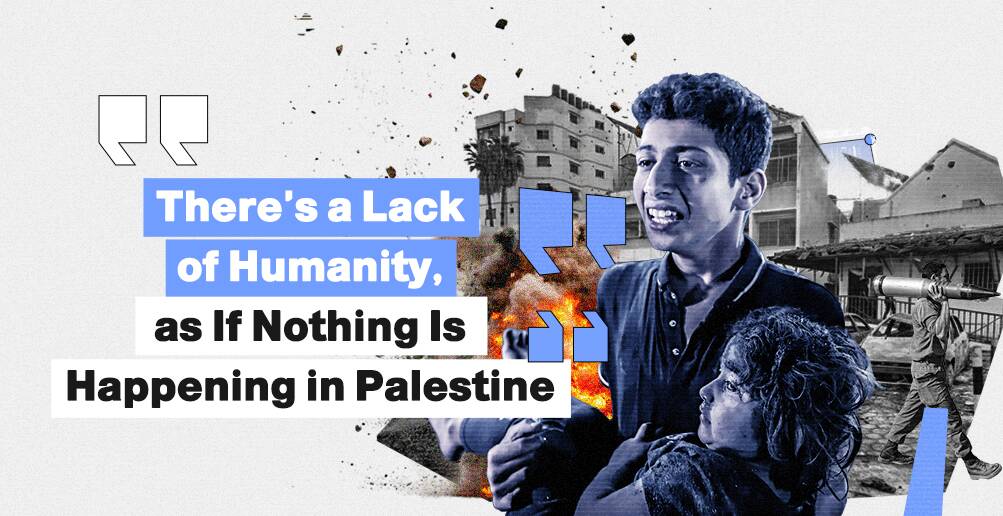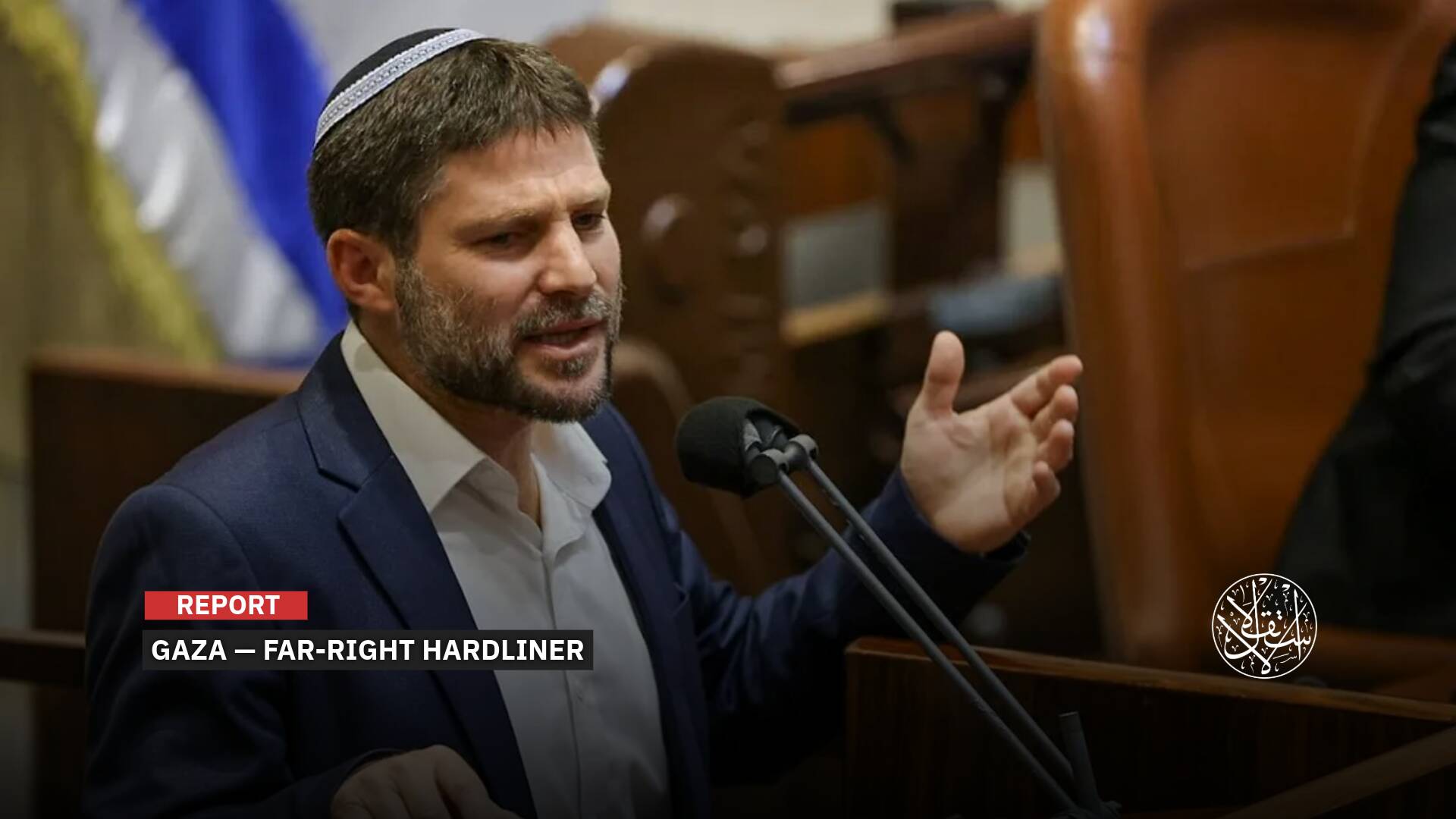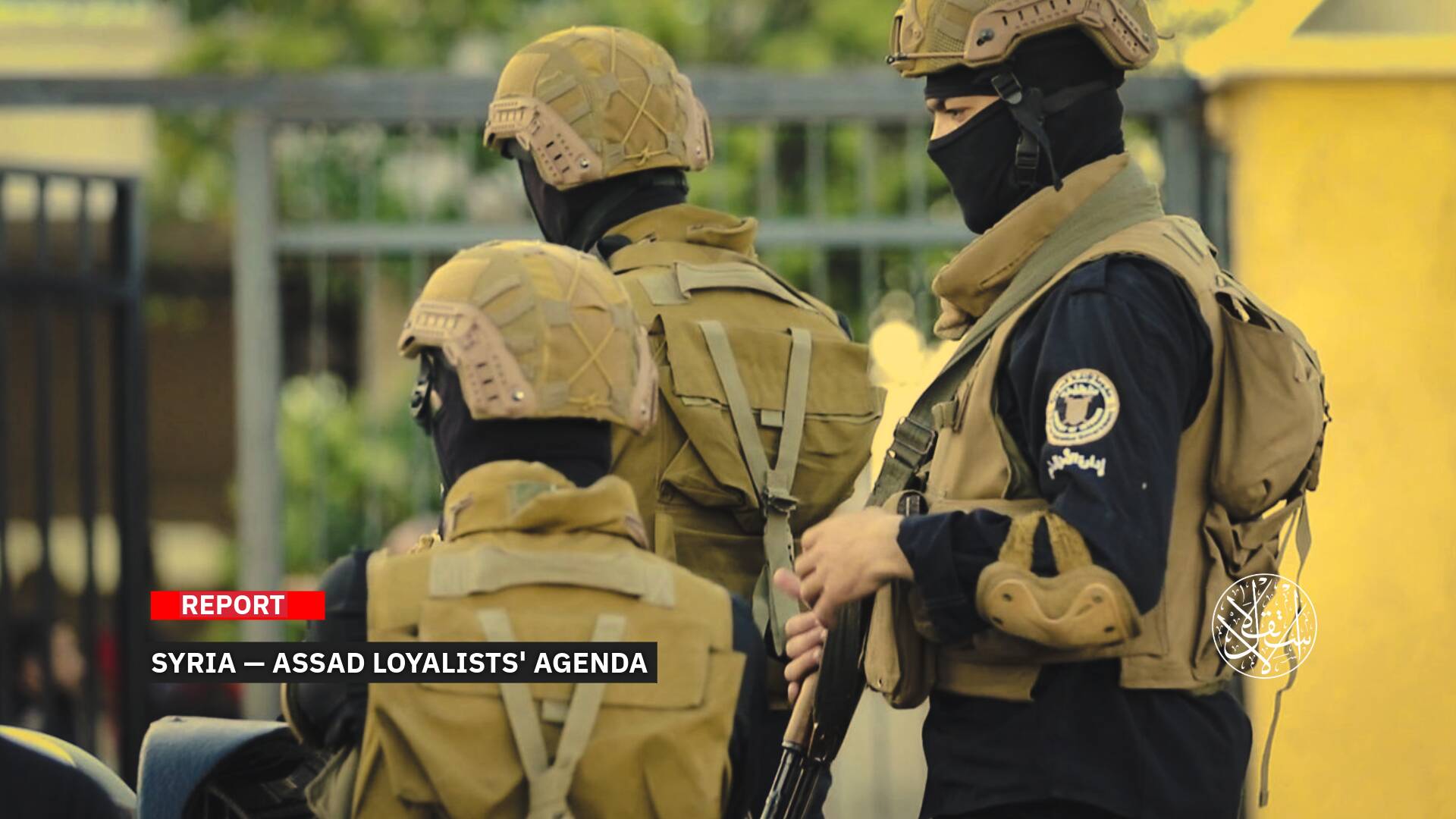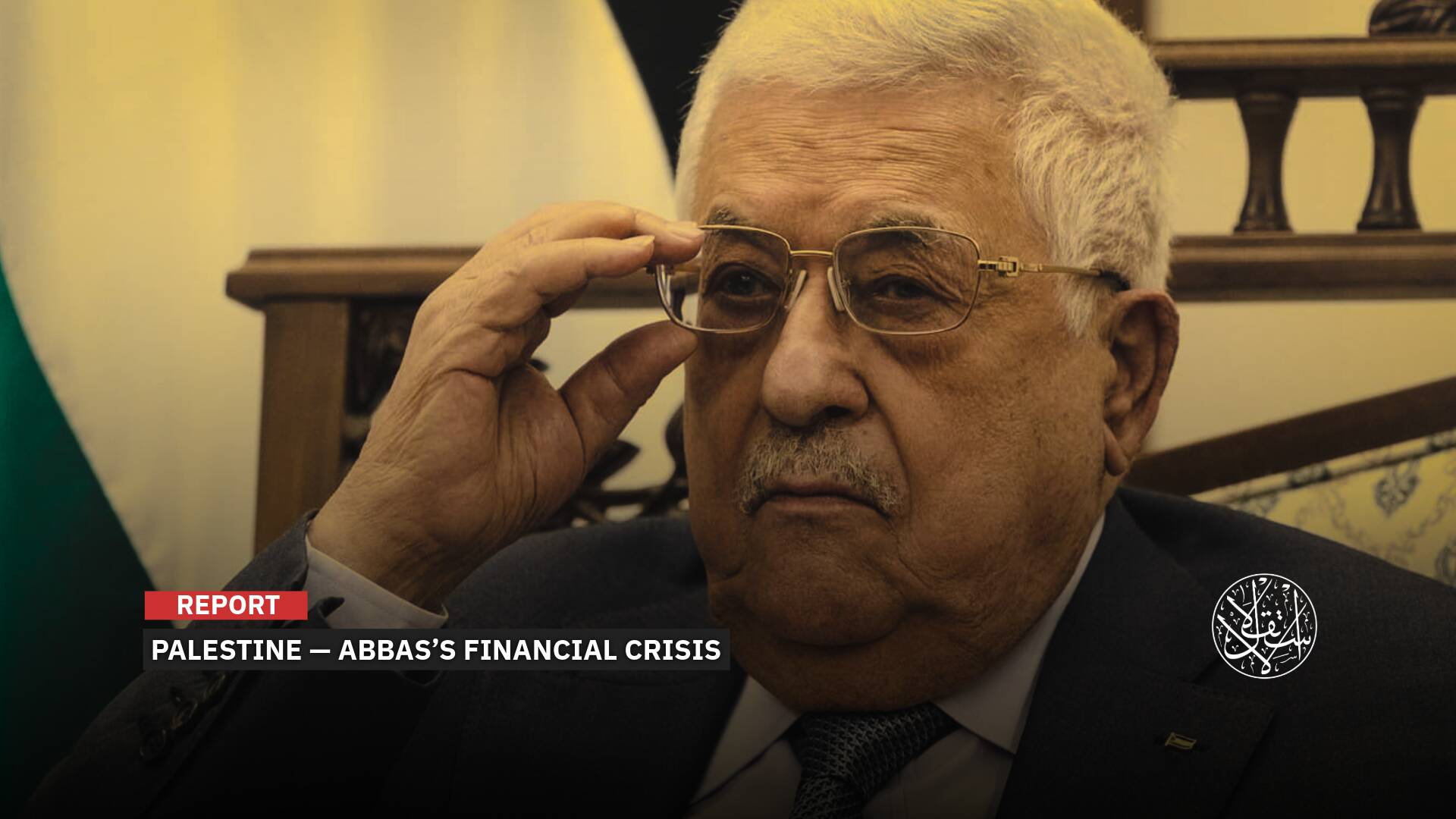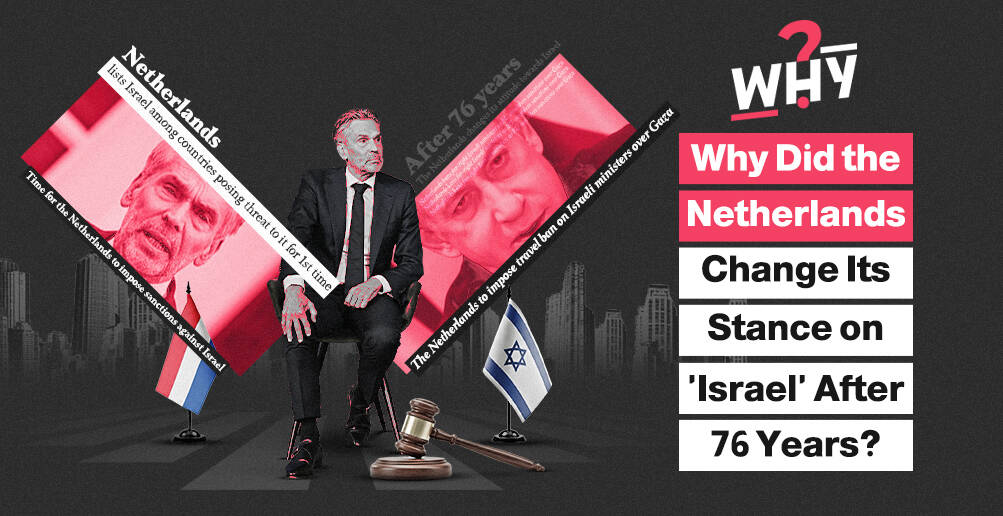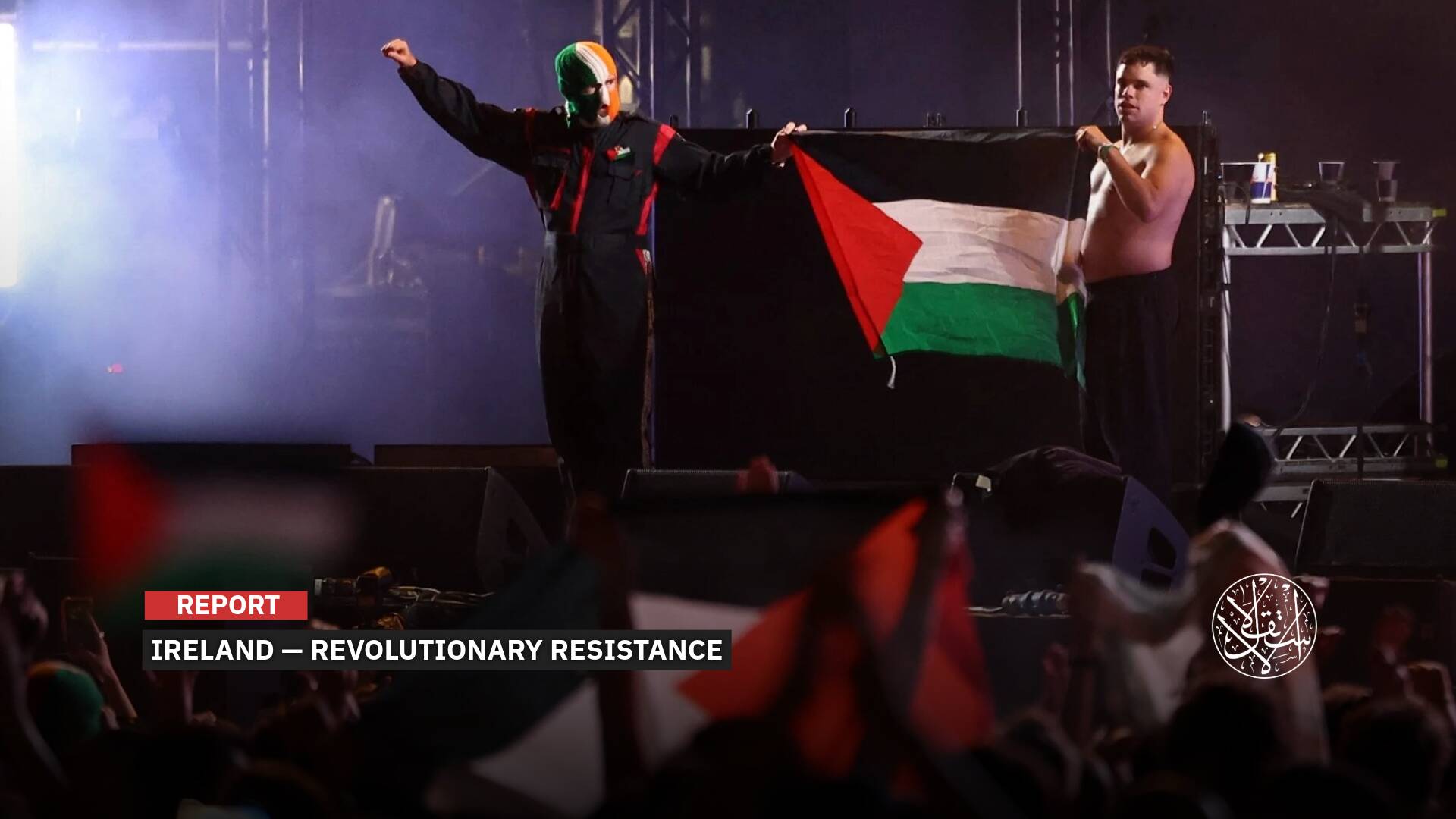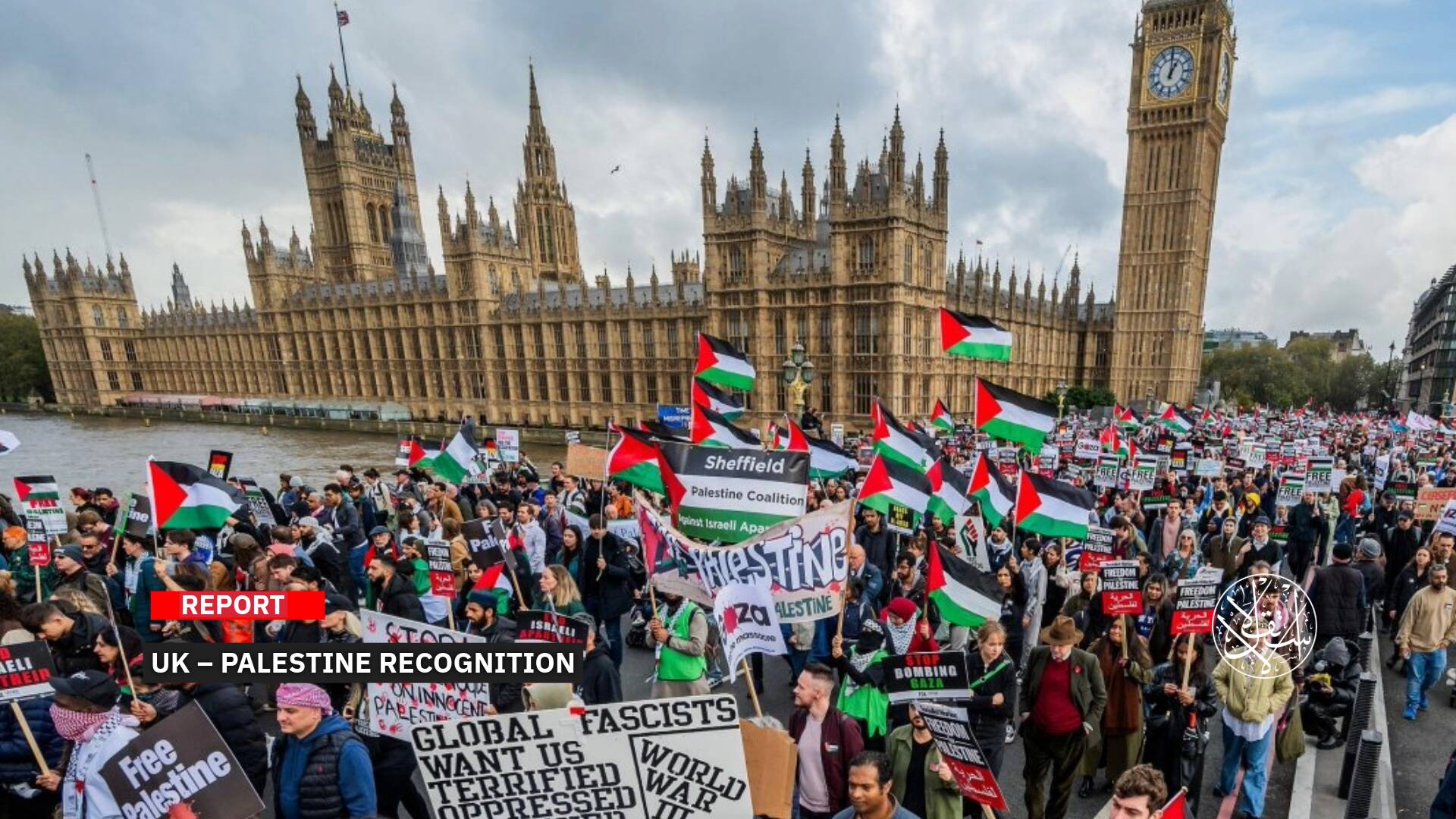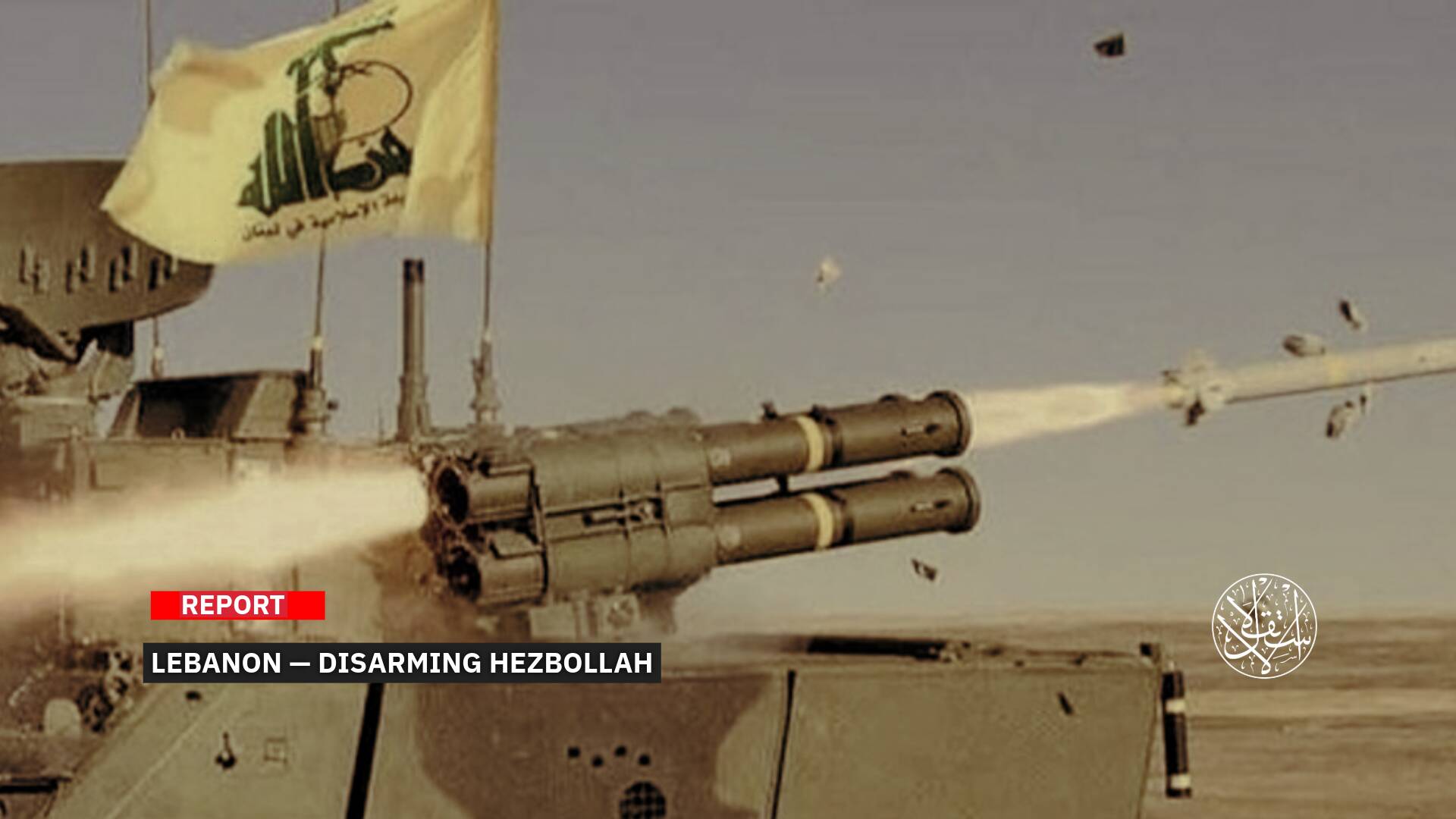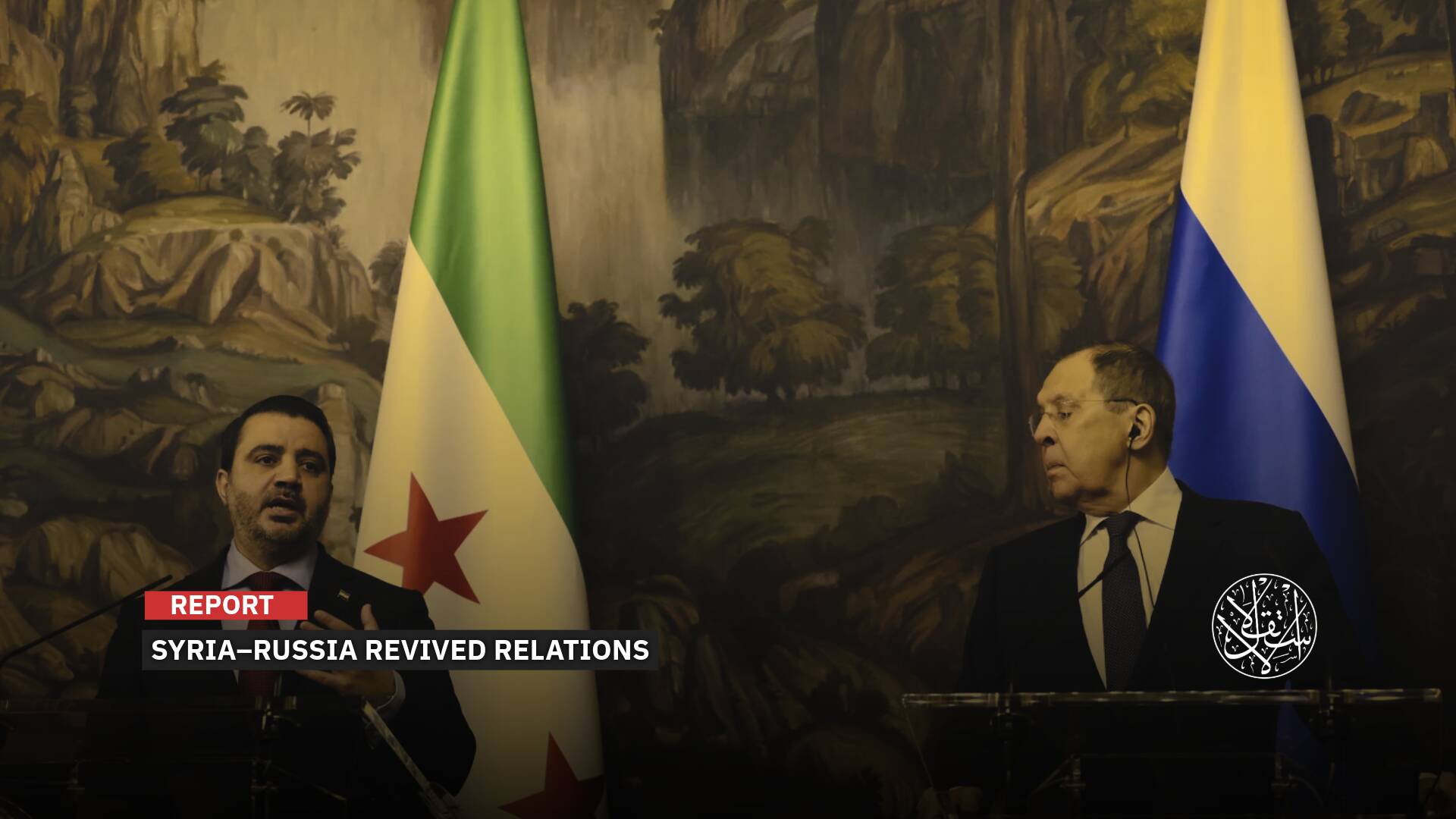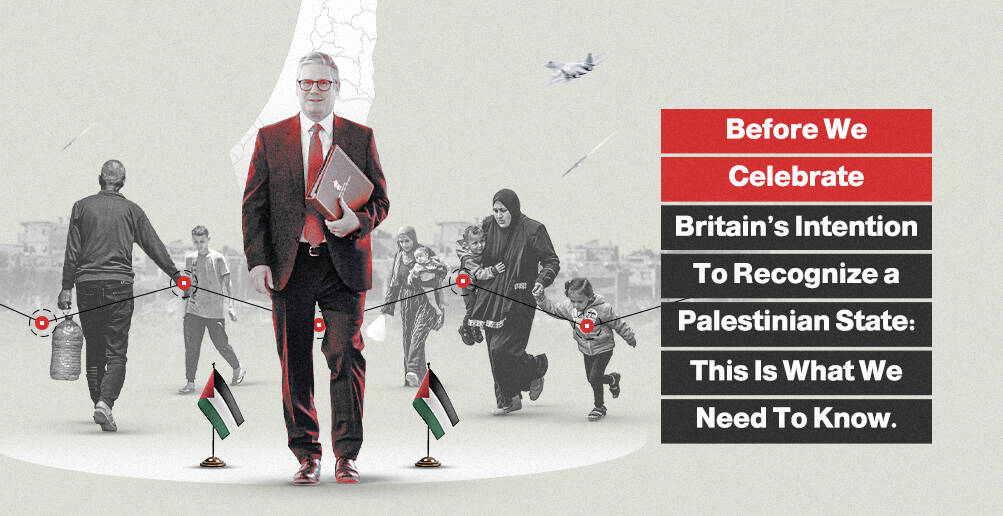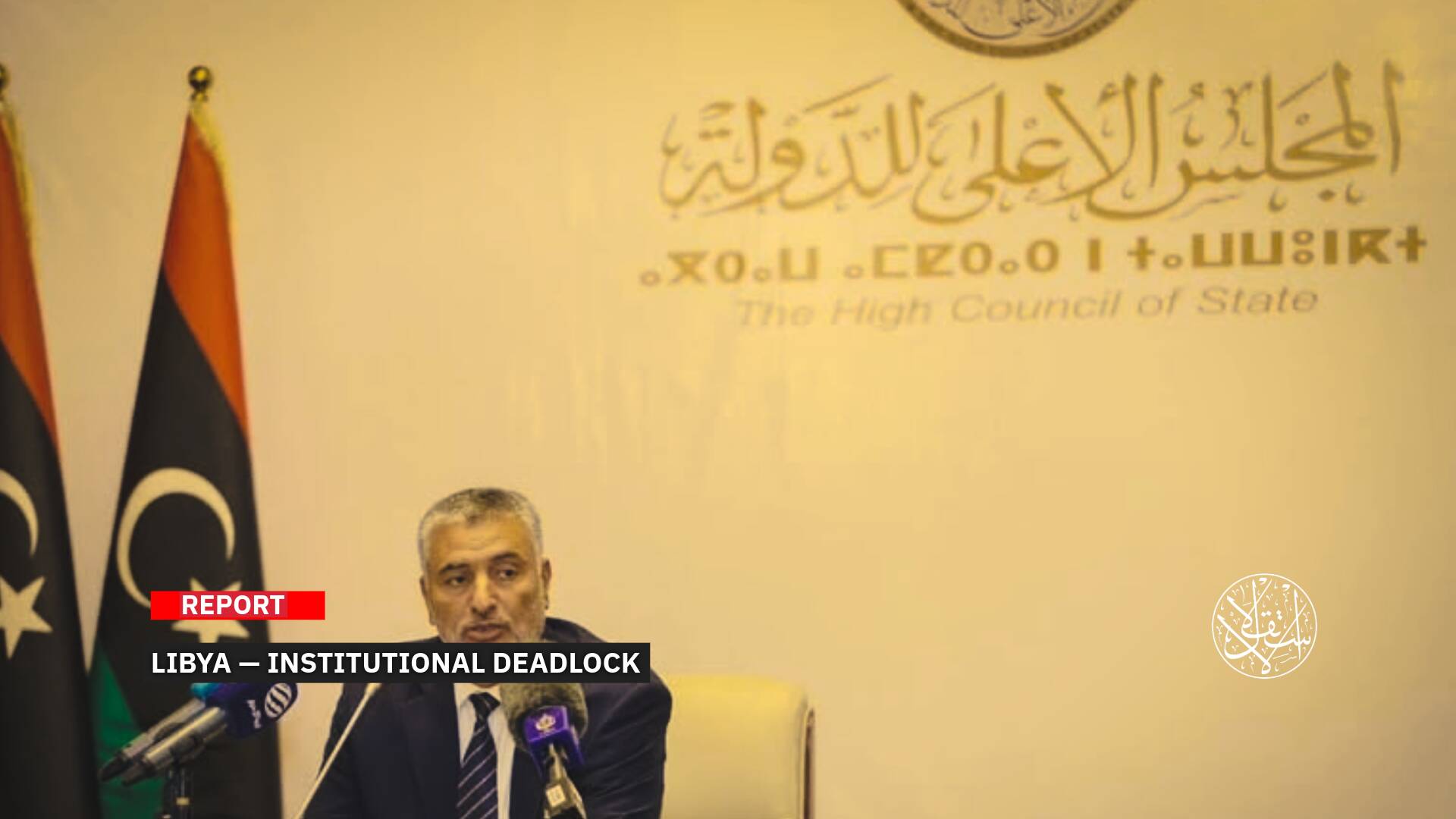Could Melilla’s Tragic Event Cause a New Tension Between Morocco and Spain?

The Moroccan authorities announced that about two thousand migrants tried on June 24 morning to storm the barbed wire that separates the Spanish enclave from Moroccan territory in an attempt to reach Spain. 140 policemen were injured in the accident, five of them seriously.
The Moroccan authorities announced, on Saturday evening, that the death toll from the storming of the border fence separating the occupied city of Melilla and the province of Nador (northeast of Morocco) has risen to 23.
Local sources in the Nador governorate reported that 5 deaths were recorded Saturday among the clandestine immigrants who stormed the border fence on June 24, as a result of complications from the severe injuries they were suffering, bringing the death toll to 23 people.
On the other hand, the same sources pointed out that one person from the Moroccan security personnel and 18 of those who stormed the border fence are now under medical observation.
On June 25, the Moroccan authorities announced that 18 illegal immigrants from sub-Saharan Africa had died as a result of complications from the injuries from which they were suffering.
Melilla Tragedy
Since the early hours of Friday, June 24 morning, the border fence separating the Spanish-occupied city of Melilla and the Moroccan province of Nador was attacked by dozens of African migrants. The storming attempts were described by Spanish media as "violent and organized," noting that the group that managed to approach the fence was loaded with backpacks full of stones and white weapons.
The Moroccan authorities managed to repel the majority of the migrants, while 130 others managed to cross the separation fence with Melilla, after smashing one of the gates of the Chinatown crossing.
Melilla and Ceuta are well-known crossing points for clandestine migrants trying to reach the European side. Weeks before the tragic event, the number of migrants entering Ceuta and Melilla tripled the number that entered the same period in 2021.
In order to counter the influx of clandestine migrants, the authorities of the cities of Ceuta and Melilla built two barbed wire fences, providing them with sound and motion sensors, 12 kilometers from Melilla and 8 kilometers from Ceuta. The European Union, through its agency for the protection of external borders, Frontex financed the construction of the two fences at a cost of 66 million euros (72 million dollars).
Most of the migrants who want to cross into the occupied city of Melilla are hiding in the Gourougou forest, waiting for the first chance to break into a triple fence of about 12 kilometers in length.
Mafia’s Responsibility
In an interview with Al-Estiklal, the director of the Maghreb Center for Strategic Studies Zouhair Attouf said: “It is not likely for Melilla’s tragic event to trigger a new tension between Morocco and Spain. Although he expressed his discontent and condemned the storming attempts, the Spanish prime minister praised Moroccan authorities' effort to halt the irregular migration. He pointed out explicitly that the human trafficking mafia is responsible not the Moroccan authority.”
On Saturday, Spanish Prime Minister Pedro Sanchez blamed "mafias working in the field of human trafficking" for the tragedy during the storming of the occupied city of Melilla, which led to the killing of 23 migrants from sub-Saharan Africa.
"If there is a party responsible for everything that happened on the border, it is the mafias that traffic in human beings," Sanchez said at a press conference in Madrid.
Spanish Prime Minister Pedro Sanchez had praised the Moroccan forces' response to the attempt of many irregular migrants from sub-Saharan Africa to storm the occupied city of Melilla on Friday.
This came in a press statement made by the Spanish Prime Minister on the sidelines of the European Summit in Brussels.
Spanish Territorial Integrity
Spanish Prime Minister Pedro Sanchez confirmed Saturday that the Melilla incident, when migrants, mostly Africans, tried to storm the Spanish enclave of Melilla, located on Moroccan territory, constitutes an attack on Spanish territory.
He denounced what he considered a violent and organized attack by the human trafficking mafias on Spanish soil," explaining that the Moroccan gendarmerie worked in coordination with the Spanish security forces to repel the violent attack.
The enclaves of Melilla and Ceuta are the only land borders of the European Union with the African continent and regularly witness attempts to enter migrants who want to reach Europe.
Omar Naji of the Moroccan Association for Human Rights told AFP that the association called for a "serious investigation to determine the circumstances of the deaths of large numbers. The Democratic Action Organization joined this call. The latter urged the government to "open an investigation into this tragedy and do what is necessary for the benefit of the victims and the police."
On their part, the International Organization for Migration and the United Nations High Commissioner for Refugees jointly expressed their "deep concerns." They recalled "the need "in all circumstances to prioritize the safety of migrants and refugees" and "the importance of finding durable solutions for people on the move."
Crisis End
This is the first attempt since relations returned to normal in mid-March between Madrid and Rabat, following a diplomatic dispute that lasted about a year. The crisis between the two countries resulted from Spain receiving the leader of the Polisario Front, Ibrahim Ghali, in April 2021 for treatment, after he contracted COVID-19. It reached its climax in May 2021, with the entry of more than ten thousand migrants within 24 hours to the enclave of Ceuta, benefiting from leniency in border checks on the Moroccan side.
Spanish Prime Minister Pedro Sanchez ended the crisis by declaring Spain's support for Morocco's plan to grant autonomy to the Moroccan Sahara.
Moroccan King Mohammed VI received the Spanish Prime Minister at the beginning of April to consecrate reconciliation. For Madrid, the main objective of this normalization is to ensure Rabat's "collaboration" in controlling illegal immigration.
Morocco, from which most immigrants to Spain originate, has been repeatedly accused in the past of using them as a means of putting pressure on Spain.





